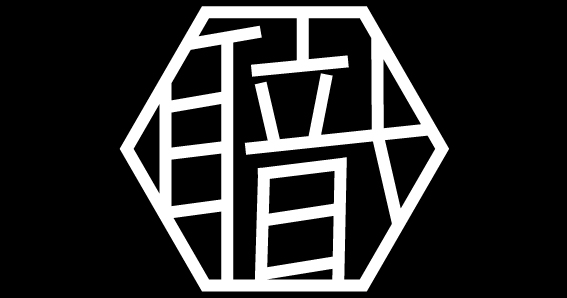Most people are familiar with the horrible political climate in Congo. The civil war has already claimed thousands of lives. CPNCK is one of the farmer cooperatives on Idjwi island that empowers farmers and helps them to build a better future. Their Ngula microlot shows that despite troublesome times, people are still able to produce incredible coffee.
The value chain
The infographic below shows what the monetary value chain with this producer roughly looks like. This changes slightly per year based on volume and quality but is usually reliable over the years.

Key achievements
2017
Installation of an own drymill and direct export capacity. Separated coffees into microlots. First time farmers tasted their own coffee. Presented coffee at World Coffee Event.
2018
Met Gilbert at World Of Coffee Amsterdam. Arranged for a visit to happen in origin in 2019 to get to start new projects like a cupping / QC lab.
2019
Bought the (6 month) delayed harvest to reduce the financial loss of the cooperative and importer.
The microlots
CPNCK produces a washed and a natural coffee. We decided to only work with the washed version, as still not many people appreciate Congolese coffee flavours. The differences between the washed and natural were relatively small, so we decided to take on the best one to get people acquainted with this unique style.
Nothing found.
Nothing found.
The story
The story of Idjwi is as versatile as it is both wonderful and tragic. Located in lake Kivu between Congo and Rwanda, this island is wholly different from its surroundings. For decades it has been a refuge for people trying to escape wars and genocide. With its lack of industry and even cars, this island truly is the most tranquil place you can find in the country.
Originally, the Belgians planted coffee here, but because of the plummet of coffee prices in the 1980’s, plantations were neglected. Still, many people relied on solely this product as their income. Because of the lack of organization and the island’s location right in between two countries, illicit trade was the only way to bring this coffee to the market. This did not only give the Rwandese complete power over the coffee prices, but bandits prowled these smuggling routes, stealing coffee and even killing the farmers.
The striking number of widows on the island was one of the main reasons for the farming community to make a stand and organize themselves with a cooperative structure. One of these coops is CPNCK, which, under the management of Gilbert Makelele and his cooperation with many different oganizations, has drastically improved the lives in the community.
There is a strong sense of mission and the people are eager to learn how they can improve their product and create more demand. The first offer samples we tasted were incredible and convinced us this is a truly game changing project. We hope that through communication all along the chain, we can help create this demand and explore this amazing coffee’s potential.







